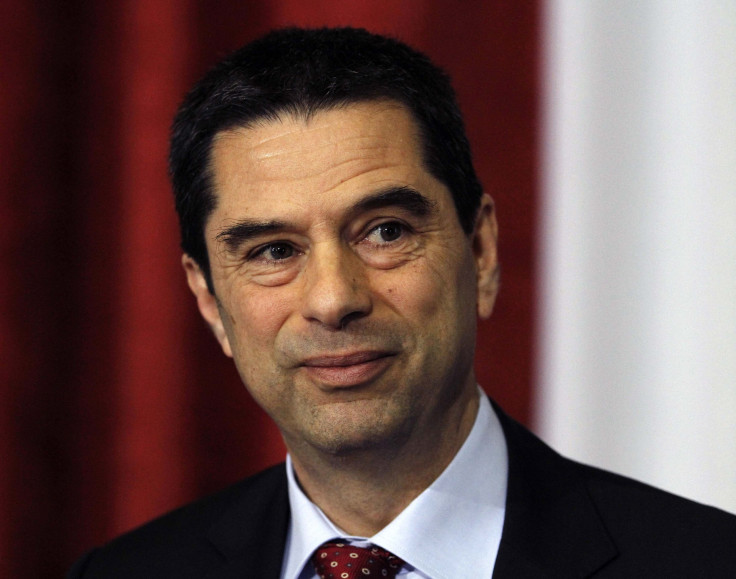Portuguese Markets Rattled By Political Turmoil: Portuguese Bond Yields Soar, Shares Plunge

Bond and stock markets in Portugal reacted visibly to the political uncertainty caused by the recent resignations of two senior government officials, which led to the largest decline in intraday trading since April 2010.
President Anibal Cavaco Silva scheduled a series of meetings in the coming days to resolve the political crisis, the FT reported.
Lisbon’s main stock index, the PSI 20, fell more than 6.9 percent in trading on Wednesday, the most since April 2010. But it bounced back to only a 5 percent decline by midday.
Portuguese bond yields on 10-year benchmark government bonds rose to about 8 percent, then slipped to 7.56 percent. It’s the first time the yields surpassed 7 percent this year.
On July 1, the yields were at 6.4 percent, the FT Alphaville blog reported.
Portuguese finance minister Vitor Gaspar resigned on Monday, while Portuguese foreign minister Paulo Portas quit on Tuesday. Portas’ resignation in particular leaves Portugal’s political situation uncertain, as Portas leads the conservative Popular party (CDS-PP), which is a key partner in the country’s governing coalition.
If Portas’ departure leads to his party’s withdrawal from the coalition, the ruling party would be left with too few parliamentary seats to govern effectively.
Prime Minister Pedro Coelho has pledged to stay in office and to persuade the CDS-PP to stay in government. Analysts point to the dissolution of parliament and a special election as one obvious potential scenario.
The news comes as the European Commission, the European Central Bank and the International Monetary Fund, the so-called ‘troika’, is set to start its review of the Portuguese economy, which received a 78 billion euro ($101 billion) bailout in 2011.
But Jeroen Dijsselbloem, who leads the euro zone’s finance ministers, told the FT that he doesn’t expect any new decisions in the summer regarding Portugal’s financial assistance program with the troika.
© Copyright IBTimes 2024. All rights reserved.












